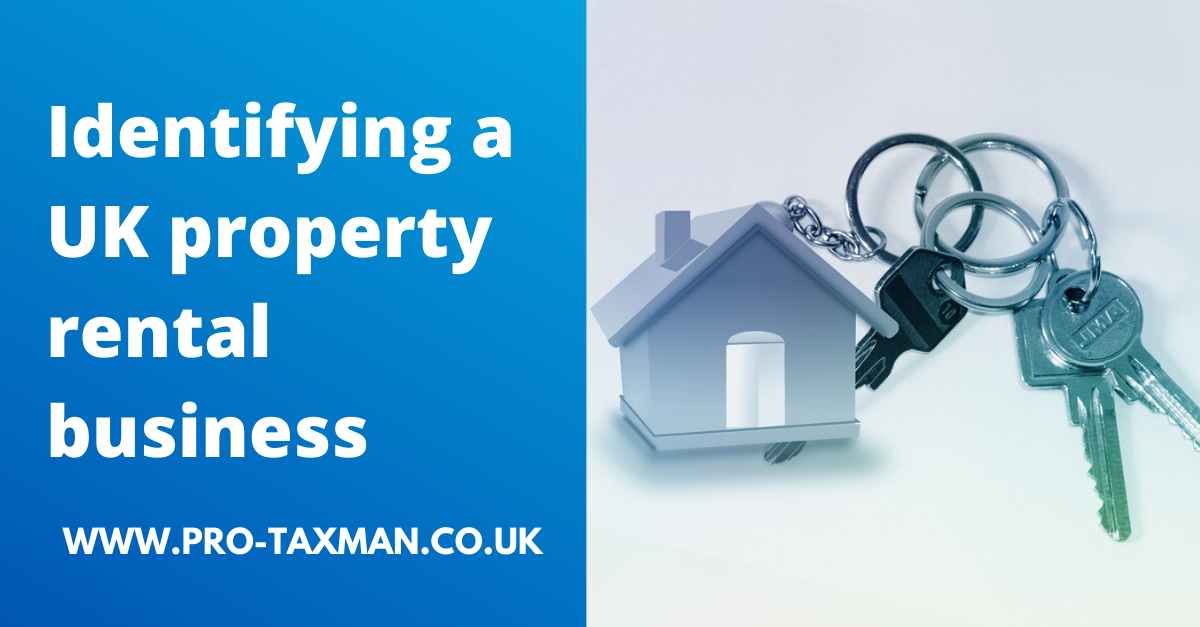Where a landlord runs an unincorporated property business, the profits from that business are charged to income tax. Where the business is carried on through a company, the charge is to corporation tax. There are four different types of property business:
- a UK property rental business;
- a UK furnished holiday lettings business;
- an overseas property business; and
- an EEA furnished holiday lettings business.
Thus, the profits and losses of different property businesses are computed separately and taxed separately. However, within each business, the income and expenses from properties within that business are amalgamated.
UK property rental business
Profits that arise from UK land or property are treated for tax purposes as arising from a business – a UK property rental business.
A person carries on a rental business if:
- they own or have an interest in land and property in the UK; and
- they enter into transactions that produce rent or other receipts that are liable to income tax or corporation tax.
Single UK property rental business
In most cases, income from all types of land in the UK are treated as part of the same single rental business. It does not matter how many different properties a person has (or has an interest in); what is important is whether the person derives the income from each in the same legal capacity. Where this is the case, the properties are part of the same UK property rental business.
A person can derive property income in a number of different capacities. For example, they may:
- hold property in their own right;
- be a member of a partnership and have a share in a property let by the partnership; or
- be a trustee of a trust receiving rental income.
Income derived in different capacities belongs to different rental businesses.
Where a property is jointly-owned, only the person’s share of the income is included in calculating the profits of their property rental business. For spouses and civil partners, the default position for income from jointly owned properties where a form 17 election is not in force is a 50:50 split regardless of the actual underlying ownership.
Implications
Profits and losses are calculated for the property rental business as a whole, rather than on a property-by-property basis. This means that a loss on one property is automatically set against a profit on another property.
Example
Nancy owns two properties in her sole name and one property jointly with her husband (in respect of which a form 17 election is not in force). All three properties are let as residential lets. Income and expenses from the properties in Nancy’s sole name and 50% of the income and expenses relating to the jointly-owned property are taken into account in working out the profits of her property rental business.
Nancy is also a partner in NMO Ltd, which also lets a property. Her share of the profit forms a separate rental business.
It is important to remember that losses from one rental business cannot be set against profits of another rental business.
Furnished holiday lettings
Different rules apply to furnished holiday lettings in the UK, which form a separate UK furnished holiday lettings business. This is because the tax rules applying to furnished holiday lettings are different. Consequently, if an individual has two properties, one of which is let as a residential let and one as a holiday let, that person will have a UK property business and a UK furnished holiday lettings business.
Need professional accounting service or accounting advice? Contact us to book a 15-min Free Consultation with us today.
To find out more please follow us on Facebook, Twitter, or LinkedIn. Feel free to contact us on 0333 006 4847 or request a call back by texting 075 6464 7474

